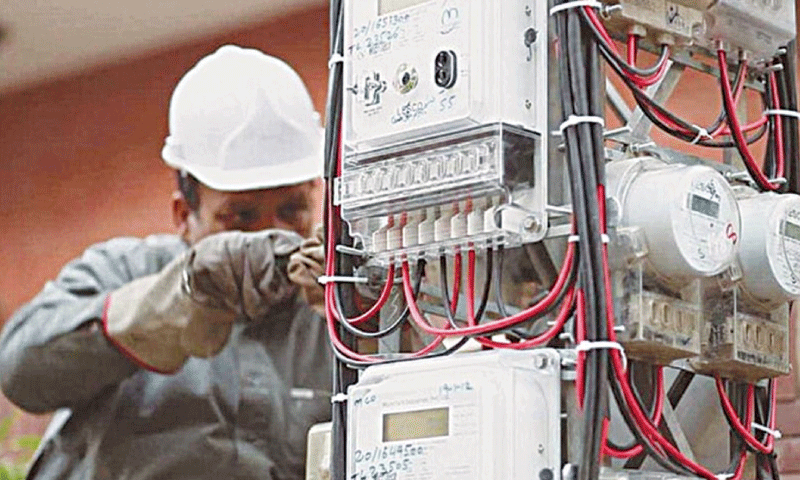
PAKISTAN teeters on the edge of a severe economic downturn, which is a dire situation that has pushed the business community to the brink of disaster. At the heart of the crisis lies the unsustainable financial burden imposed by contracts with independent power producers (IPPs).
The government’s procurement of electricity from the IPPs, which include partially government-owned entities, has exposed the nation to a financial quagmire. The capacity charges, amounting to Rs3,127 billion, are imposed regardless of whether or not the electricity was utilised. This contractual arrangement, marked by inefficiency and mismanagement, has placed a substantial and unjust burden on the people.
Unfortunately, the industrial sector has been hit particularly hard. The exor-bitant electricity charges have rendered it uncompetitive on a global and local scale, leading to the closure of many industries.
Alarmingly, the government has been purchasing less than 50 per cent of the electricity produced by the IPPs, but continues to pay for the unused capacity.
This inefficiency is glaringly evident in the case of coal-fired power plants, which, despite having a capacity of 5,000MW, are operating at less than 25pc capacity.
Nonetheless, these plants have still received Rs692 billion in capacity charges. Similar inefficiencies plague the wind-
energy IPPs, which, operating at less than 50pc capacity, have claimed Rs175 billion annually, while plants based on regasified liquefied natural gas (RLNG), operating at 25pc capacity, have received Rs180 billion.
The public’s outrage is justified, as the burden of these inefficient agreements is directly transferred to them. This situation appears to sustain the interests of a few dozen families associated with the IPPs, while millions of households are left to suffer the consequences. With a national electricity demand of 20,000MW, it is quite puzzling why the government committed to contracts for over 43,000MW. This discrepancy has actually fuelled suspicions of over-invoicing, kickbacks as well as corruption, with investments allegedly inflated to maximise profits.
Moreover, the government, citing state guarantees, has shown reluctance to review these contracts, fearing potential legal and financial repercussions.
However, the ongoing energy crisis is so severe that it may well sink the national economy. The situation demands urgent and decisive action from all stakeholders in Islamabad.
The government must respond to the growing public demand for accountability by conducting an audit of the IPPs. This investigation should aim at recovering the billions that have been lost to corruption and inefficiency.
Additionally, a paradigm shift in how electricity is purchased is also necessary. Furthermore, the adoption of a competitive contract based on bilateral trading model, which would ensure that electricity is bought based on actual need rather than based on capacity invoving exorbitant charges for unused power, is imperative.
Gulab Umid
Turbat
Published in Dawn, August 24th, 2024











































Dear visitor, the comments section is undergoing an overhaul and will return soon.